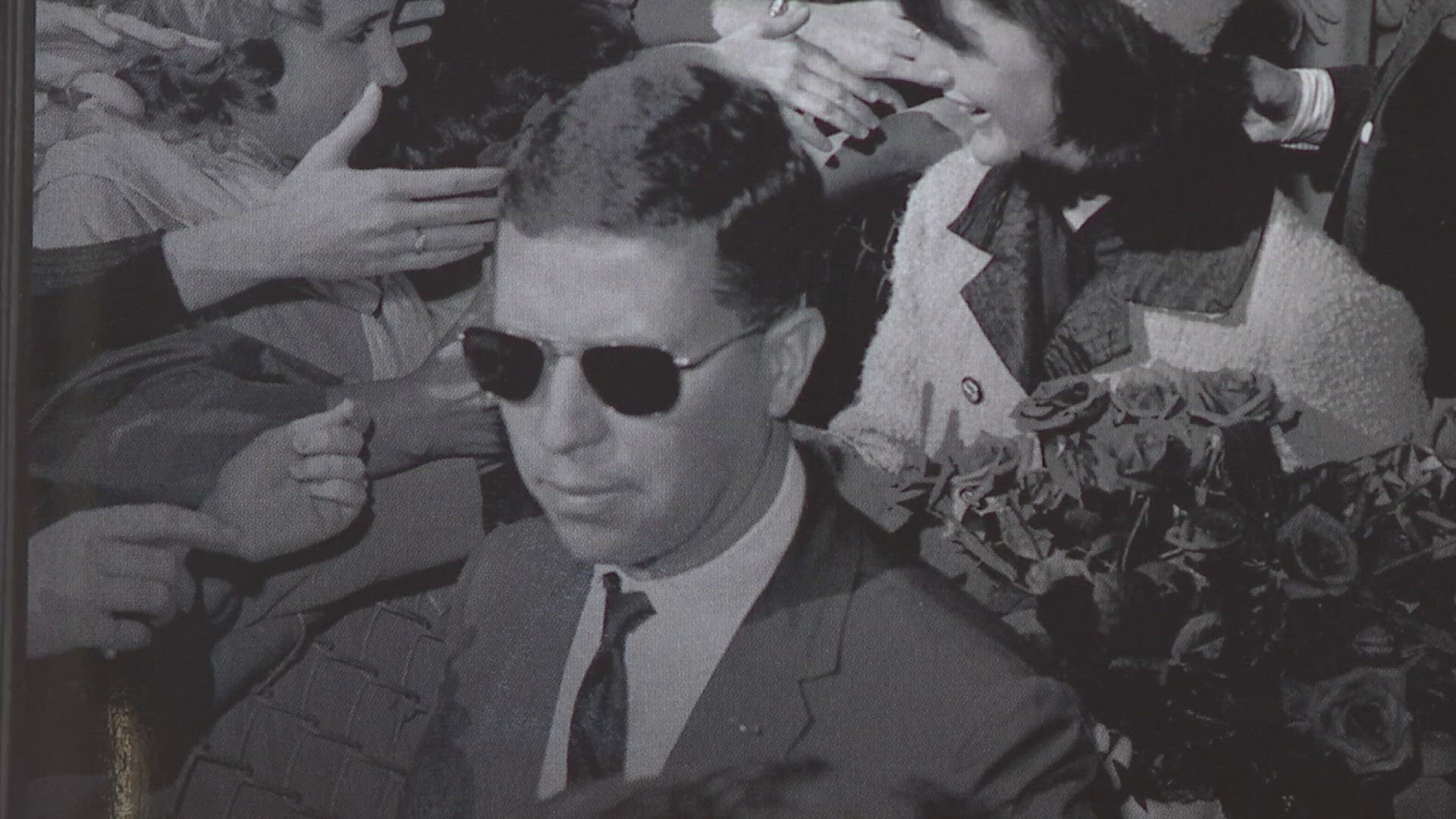SHAKER HEIGHTS, Ohio — It is a moving portrait of a man, probing the past through old photographs. The family album of Paul Landis is of great significance, though he does not need pictures to jog his memory.
In 1963, Landis was a Secret Service agent assigned to guard the family of President John F. Kennedy. He remembers all the moments with John Jr., with Caroline, and with first lady Jacqueline Kennedy.
In Landis' memory are moving pictures, etched of the one day never far from his thoughts.
"People were excited," he recalls. "There were no signs of any animosity at any of our stops."
Nov. 22, 1963. Dallas, Texas, was embracing of a visit by President and Mrs. Kennedy. With them, the usual contingent of Secret Service agents, Paul Landis included.
"Crowds were screaming," Landis said as he set the scene for that day. "It was like, 'Jackie! Jackie! Jackie!' Everybody was excited."
Rain clouds had cleared, prompting President Kennedy to request the vehicle's plexiglass top be removed. He wanted the crowds lining Dallas' streets to see him.
It was a fatal miscalculation.
When asked about whether agents were concerned about people standing on the marquee of the movie theater or hanging out of windows, Landis said, "You could see they were there. They were waving. There were no visible signs of weapons."
But there was a weapon, on the sixth floor of the Texas School Book Depository, wielded by Lee Harvey Oswald, who worked there. As the president's motorcade slowed to a snail's pace in a tight turn, Landis heard it.
"Bam! I heard a rifle shot," he relayed to us. "I turned immediately and looked at the president. The president was leaning to his left and was raising his arms."

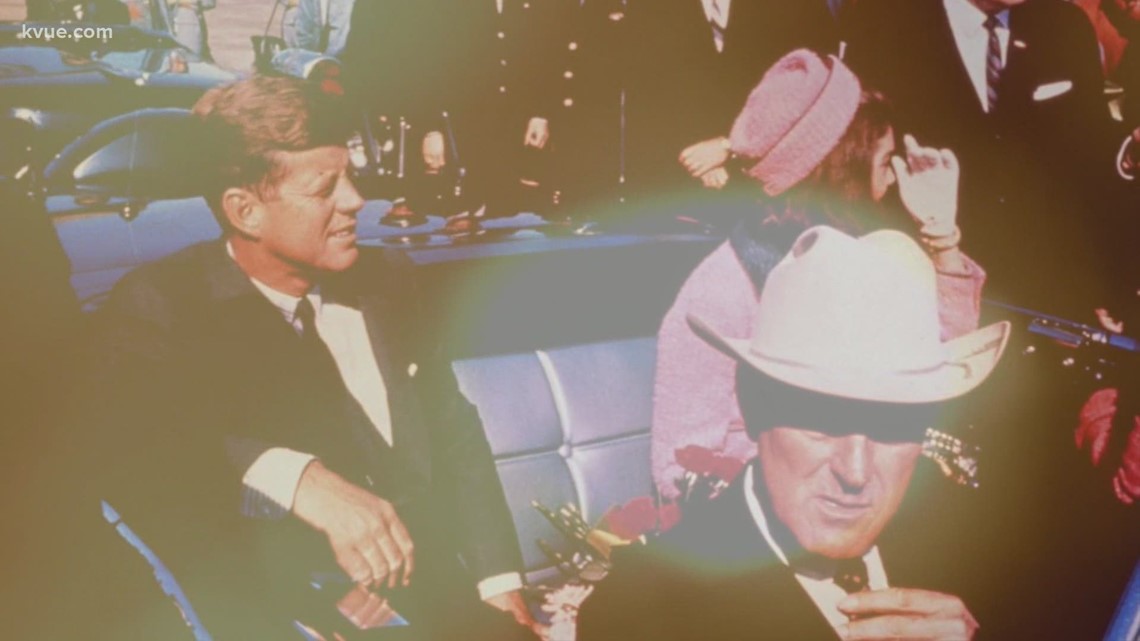
President Kennedy was shot in the neck. Paul Landis was 25 feet way when a second shot followed, and missed.
"And then very shortly, very quickly, there was a third shot."
Three shots in six seconds, the scene recorded by bystander Abe Zapruder, who aimed his film recorder at the motorcade.
It is at this point in his new book, "The Final Witness," that Landis makes a new and stunning claim.
As he helped Mrs. Kennedy out of the car at Parkland Hospital, Landis wrote of a bullet he found in near perfect condition on the back seat. He says he pocketed it, not wanting vital evidence to fall into the wrong hands.
As Landis moved inside the crowded trauma room, doctors worked in vain to save the 35th president.

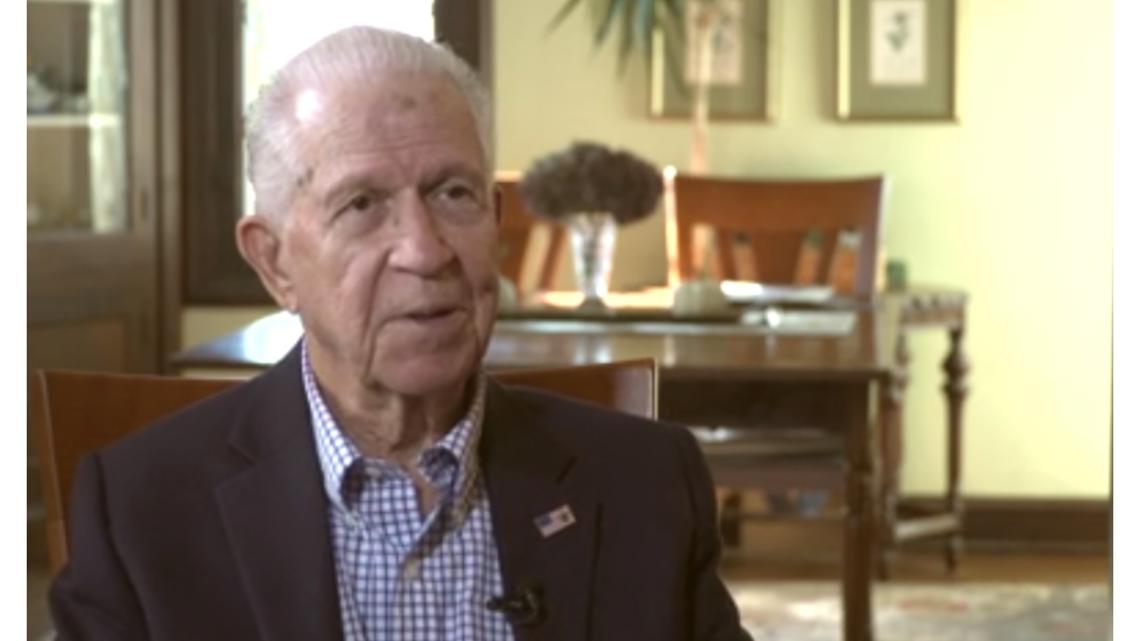
Landis writes of "utter confusion" in the crush of the room, and says it was at this time he slipped the bullet onto the blanket near the president's left foot. A Catholic priest was summoned to administer last rites, and at 1 p.m. local time, John F. Kennedy was pronounced dead.
Six decades later, Landis' bullet story is far different from the official account of the assassination.
We asked Landis why he didn't say something earlier about the bullet to the Warren Commission. "I thought I'd be asked to testify, but I never was," he responded.
Members of the Warren Commission investigating the assassination said Landis gave two written statements. Neither mentioned having found a bullet. Instead, investigators concluded one shooter fired all three shots.

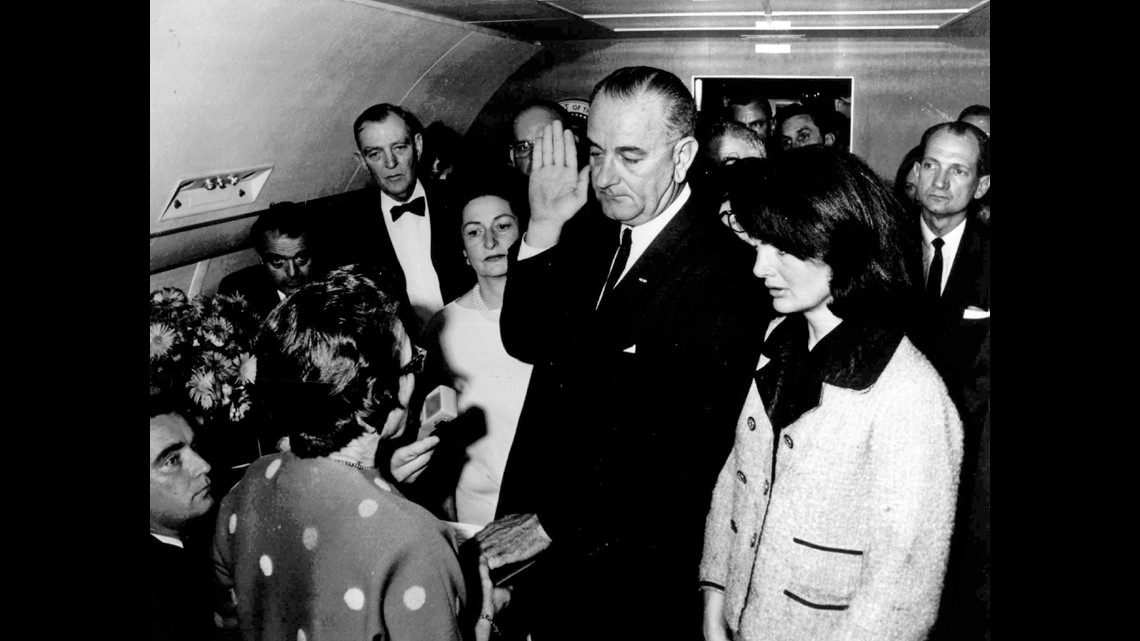
Sixty years later, the theory does not match what Landis now says he found in the president's limousine.
A year later, Paul Landis left the Secret Service. Dallas, Texas, changed him; the assassination changed the direction of his life.

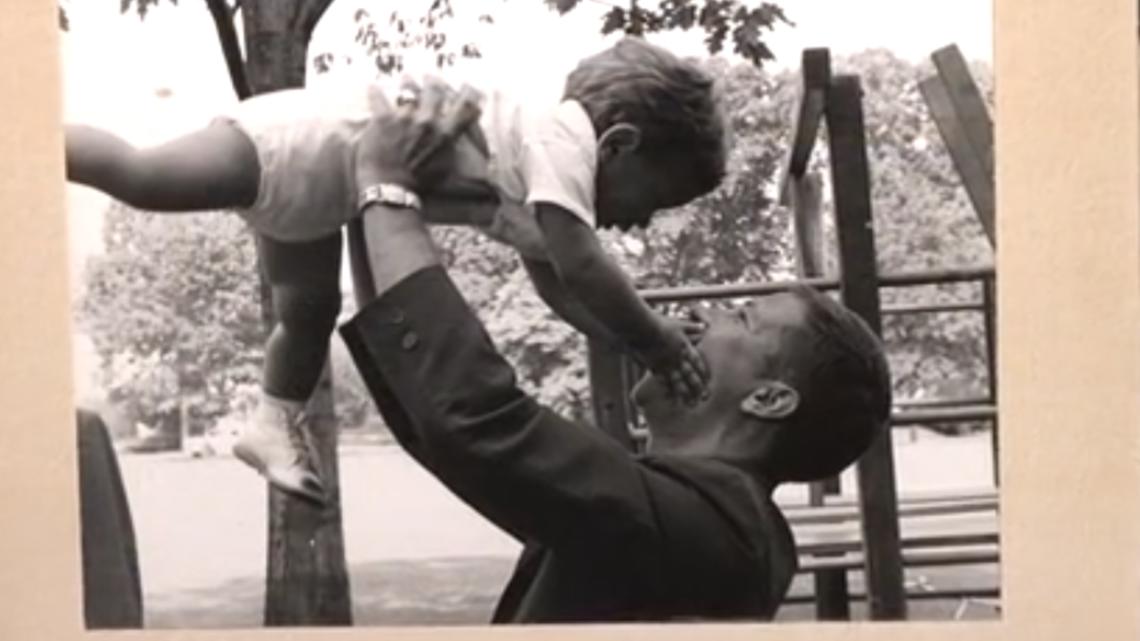
"I had the dream job, and that turned into a nightmare that weekend," he laments.
I asked him if he would have rather taken the bullet, as opposed to the president being shot.
"That's what we were there for," he answered.
The conversation shifts back to the photos. They are frozen images of happier times with the Kennedy family. In Landis' deepest memories are images overshadowing all others.
At 88, he can not forget the day America lost its leader, and the innocence the nation lost, too.
Landis' book, "The Final Witness," is sold in independent book stores around Northeast Ohio as well as national retailers.

